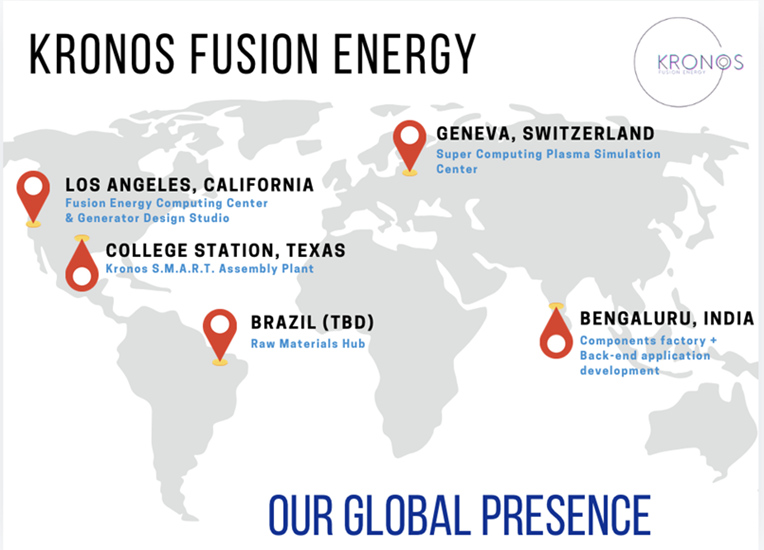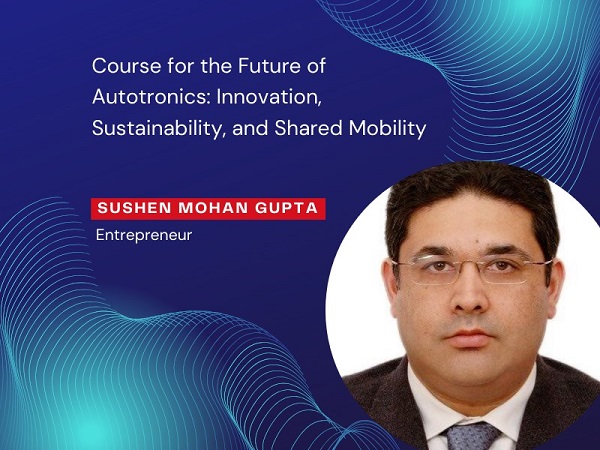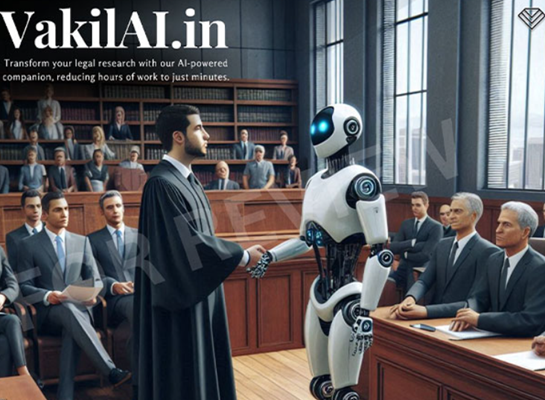
AI’s Economic Impact: A Dualistic Perspective on Its Potential Blessing and Curse
- Latest News
- August 7, 2023
As technology continues to revolutionize industries worldwide, Artificial Intelligence (AI) emerges as a key player that holds the potential to drastically transform economies. However, the question lingers: will AI be an economic blessing or curse? Delving into history and the current global landscape, we seek to gain insights into this complex and significant issue.
AI, defined as the simulation of human intelligence in machines, has shown remarkable advancements in various sectors, promising increased productivity and efficiency. It has already found its footing in diverse fields, from healthcare and finance to manufacturing and customer service. For instance, AI-driven medical diagnostic tools have been shown to outperform human doctors in detecting diseases accurately, leading to improved patient outcomes and potentially significant cost savings for healthcare systems.
The economic impact of AI is already evident in India, where various sectors have integrated AI solutions. According to a recent study by a prominent think tank, the implementation of AI technologies in Indian industries is projected to contribute a substantial 1.3% to the country’s GDP growth by 2035. The study also highlights how AI adoption can generate around 70 million jobs in the country by the same year.
However, alongside its potential benefits, AI presents significant challenges and risks to economic stability. One pressing concern is the displacement of human workers as AI-driven automation becomes more prevalent. According to a report by the International Labour Organization (ILO), by 2023, it is estimated that nearly 120 million workers worldwide could lose their jobs due to automation. While AI may create new employment opportunities, there is an urgent need for governments and businesses to invest in upskilling and reskilling programs to mitigate the potential adverse effects on the workforce.
Additionally, there are broader ethical and societal implications surrounding AI’s economic impact. Issues such as data privacy, algorithmic bias, and AI’s role in exacerbating economic inequality have garnered considerable attention. For instance, a recent incident in a developing nation revealed how AI algorithms used in financial lending inadvertently discriminated against marginalized communities, leading to reduced access to credit and perpetuating existing inequalities.
Furthermore, concerns have arisen regarding the concentration of power among AI developers and tech giants. A study by a renowned policy institute pointed out that just a handful of global companies dominate the AI market, potentially stifling competition and innovation. Addressing these issues requires a comprehensive regulatory framework that ensures responsible AI development and deployment.
In conclusion, AI undoubtedly has the potential to be both an economic blessing and curse. Its transformative capabilities can lead to unprecedented growth and progress, but it also poses challenges that require careful consideration and proactive measures. Policymakers, businesses, and society at large must collaborate to harness the benefits of AI while safeguarding against its potential negative repercussions. By striking a delicate balance between innovation and social responsibility, India and the world can pave the way for a prosperous AI-driven future.







